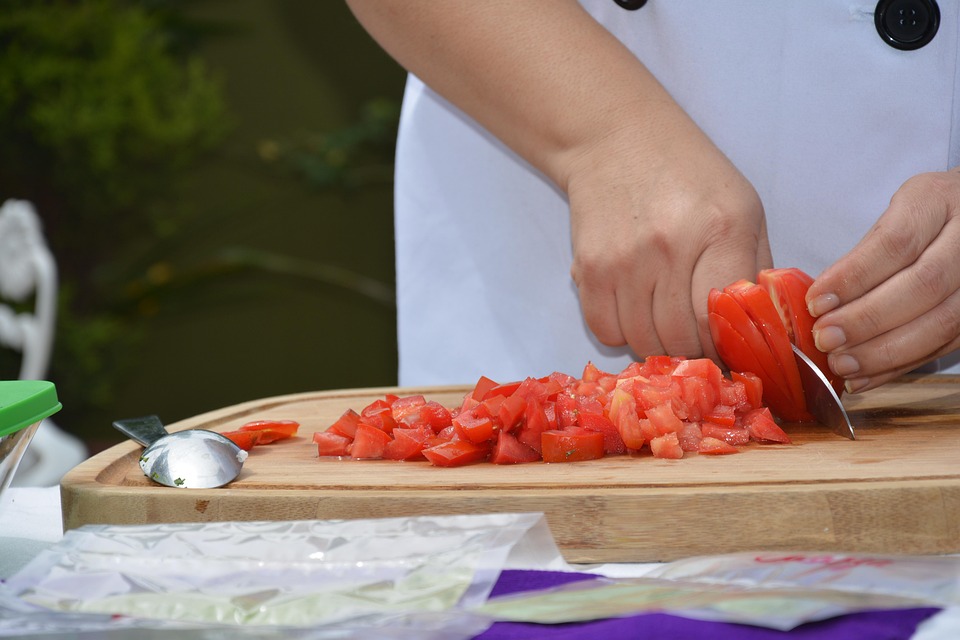More than Just Food: How Chefs Build Community Through Cooking
In an ever-evolving world, where digital connections often overshadow physical interactions, the role of chefs transcends the simple act of preparing food. Today’s chefs are not just culinary experts; they are pivotal community leaders, forging bonds through shared experiences, cultural exploration, and innovative collaborations. By creating spaces for gathering, engaging in educational endeavors, and embracing their local environments, chefs are harnessing the power of cooking to strengthen community ties.
The Kitchen as a Community Hub
At the heart of many communities lies a kitchen—large or small, it serves as a gathering point for friends and families. Chefs are increasingly leveraging this idea, transforming their kitchens into community hubs. Participating in local food festivals, hosting cooking classes, and opening their doors to pop-up dining experiences fosters a sense of belonging. These gatherings create an atmosphere where individuals from diverse backgrounds come together, united by their love of food.
For instance, consider a chef who organizes a monthly community dinner, inviting locals to bring their own dishes. This not only cultivates a sense of sharing but also allows for a rich exchange of stories and traditions. By celebrating different culinary traditions, chefs can highlight the unique mosaic of cultures within their neighborhoods, promoting inclusivity and respect.
Culinary Education and Empowerment
One of the most impactful ways chefs contribute to their communities is through education. Many chefs recognize the importance of culinary skills as a pathway to self-sufficiency and empowerment. By offering workshops that teach cooking techniques, nutrition education, and food preservation, chefs are equipping individuals with valuable life skills.
Programs that target at-risk youth, for example, can teach not just how to cook but also the importance of healthy eating habits and sustainable practices. Chefs who participate in such initiatives often witness firsthand the transformation of participants — not just as cooks, but as confident individuals who can take pride in their creations.
Nurturing Local Agriculture
Chefs play an instrumental role in promoting local agriculture, thereby strengthening community ties. By prioritizing farm-to-table practices, they foster relationships with local farmers, supporting the local economy and encouraging sustainable farming practices. This partnership not only elevates the dining experience but also educates the community about the importance of fresh, seasonal ingredients.
For example, a chef who collaborates with local producers might host a "meet the farmer" dinner series, where patrons can meet the people behind their food. Such events cultivate an appreciation for local food systems and reinforce the idea that supporting local farmers enriches the entire community.
Engaging with Social Issues
Chefs have the unique ability to spark conversation around social issues through the universal language of food. Many are using their platforms to address topics like food insecurity, health disparities, and social justice. By participating in initiatives that support food banks, urban gardens, and meal programs for those in need, chefs can drive meaningful change.
For instance, by hosting fundraisers that benefit local charities or offering discounted meals to those experiencing hardship, chefs can demonstrate their commitment to the community’s wellbeing. This engagement often inspires patrons to get involved, creating ripples of support across the community.
A Culinary Canvas of Connectivity
In an age where food has become almost synonymous with social media, chefs are finding innovative ways to use this connectivity for the greater good. Through sharing their culinary journeys on platforms like Instagram or TikTok, they can inspire others to join them in their efforts to foster community.
Engaging online with followers can extend beyond simple recipes; chefs can facilitate discussions around cultural heritage, sustainability practices, and the importance of community engagement. By creating a dialogue, they nurture a sense of belonging—even among those who may never step foot in their restaurant or kitchen.
Conclusion
The impact of chefs extends far beyond the meals they prepare. By acting as catalysts for community building, they create spaces for connection, education, and social change. As they continue to forge bonds through cooking, chefs transform food into a medium of unity, enriching the community and making it a better place for all. In this age of disconnection, the kitchen stands as a beacon of hope—reminding us that, at its core, cooking is about bringing people together.



